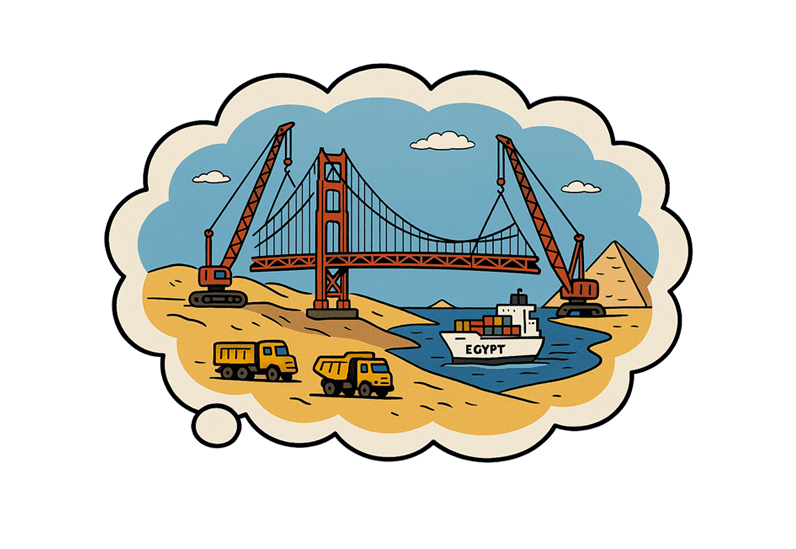Document translation Legal translation
The Critical Role of Legal Translations in Mergers & Acquisitions: Ensuring Compliance, Accuracy, and Risk Mitigation

Introduction: The Complexities of Mergers & Acquisitions
Mergers & Acquisitions (M&A) are high-stakes transactions that shape the global business landscape. Whether a company is acquiring a competitor, merging with an international partner, or expanding into new markets, the process involves intensive legal, financial, and regulatory frameworks that must be adhered to in multiple jurisdictions.
However, M&A transactions do not happen in isolation—they span across borders, languages, and legal systems. Miscommunication, incorrect contract translations, or misunderstandings of regulatory requirements can result in significant legal and financial risks. This is why professional legal translations are not just an added step but a critical component in ensuring M&A success.
From contractual agreements to regulatory filings, every document must be translated with absolute accuracy, legal precision, and confidentiality to avoid potential legal disputes and financial setbacks.
Why Legal Translations Are Essential in M & A
M&A transactions require legal clarity at every stage—from
due diligence and negotiations to final approvals and regulatory compliance. In cross-border transactions, where multiple languages and legal systems intersect,
accurate translations
protect businesses from legal risks, compliance issues, and financial loss.
1. Ensuring Legal Clarity in Contracts and Agreements
- Legal contracts are binding documents, and any misinterpretation or mistranslation can lead to contract breaches, disputes, or unintended legal obligations.
- M&A legal translations ensure all parties involved fully understand their rights, responsibilities, and liabilities in their native language.
2. Compliance with International Regulations
- Different jurisdictions have unique legal requirements—failure to comply with local laws can lead to regulatory penalties or deal rejection.
- Regulatory filings and corporate governance documents must be translated precisely to meet the standards of each government, financial institution, and compliance authority.
3. Risk Mitigation & Avoiding Legal Disputes
- A poorly translated share purchase agreement (SPA) or asset purchase agreement (APA) could alter the intended meaning of clauses, leading to costly litigation.
- Ensuring linguistic accuracy reduces ambiguity and misinterpretation, preventing delays or legal challenges that could derail the deal.
4. Smooth Communication Between Stakeholders
-
- M&A transactions involve multiple parties—lawyers, regulators, investors, and senior executives—who often operate in different languages.
- Legal translation services ensure that all parties receive and understand critical information without miscommunication, enhancing transparency and efficiency.
Key Legal Documents That Require Expert Translation in M&A
Mergers & Acquisitions involve an extensive array of
legal, financial, and compliance documents that must be translated to ensure seamless deal execution. The most critical include:
1. Share Purchase Agreements (SPA) & Asset Purchase Agreements (APA)
- These contracts dictate ownership transfer, financial obligations, and legal responsibilities between entities.
- Translations must preserve the exact meaning of contractual terms to prevent disputes.
2. Non-Disclosure Agreements (NDAs) & Confidentiality Agreements
- M&A negotiations require strict confidentiality; an inaccurately translated NDA can compromise data security and expose businesses to legal liabilities.
3. Due Diligence Reports & Regulatory Filings
- Companies must submit translated corporate records, compliance documentation, and tax reports to regulatory bodies.
- Any errors in translation can result in compliance failures, delays, or deal cancellations.
4. Intellectual Property (IP) & Patent Filings
- When acquiring a company with proprietary technology, patents, or trademarks, it is crucial to ensure accurate legal translation of all IP rights and agreements.
5. Employment Contracts & Corporate Governance Documents
- When merging or acquiring a company, translated employment contracts and policies ensure a smooth transition for employees.
- Documents must be aligned with local labor laws and corporate governance regulations.
Challenges in Legal Translations for Mergers & Acquisitions
Legal translation for M&A is not as simple as converting words from one language to another. It requires an
understanding of legal terminology, jurisdictional differences, and confidentiality requirements. The main challenges include:
1. Jurisdictional Variations in Legal Systems
- Each country has different legal standards and terminologies. A term used in English common law might not have an equivalent meaning in French civil law, requiring careful legal adaptation.
2. Complex and Highly Technical Legal Terminology
- M&A documents contain industry-specific legal terms that must be translated with absolute precision.
- Only professional legal translators with expertise in corporate law can ensure consistency and accuracy.
3. Ensuring Confidentiality & Data Security
- M&A transactions involve highly sensitive financial and corporate data.
- Legal translations must be handled by trusted experts with secure workflows and non-disclosure agreements (NDAs) in place.
4. Tight Deadlines & Fast-Paced Negotiations
- M&A deals often operate on strict timelines, requiring translations to be completed accurately and efficiently.
- Any delay or inaccuracy in translating critical documents can hinder the transaction process.
Best Practices for Legal Translations in Mergers & Acquisitions
Given the complexity of legal translations in M&A, businesses must
partner with professional legal translation services to ensure compliance and deal success. Here’s how to ensure high-quality translations:
1. Work with Certified Legal Translation Experts
- Always choose qualified legal translators with experience in corporate and M&A law.
- Machine translations alone cannot guarantee accuracy, nuance, or legal validity.
2. Implement Translation Memory & Glossaries
- Using translation memory tools ensures consistency across multiple legal documents, saving time and reducing errors.
3. Secure & Confidential Translation Workflows
- Ensure that translations are conducted under strict data protection protocols to maintain confidentiality.
- Partner with trusted legal translation providers who adhere to ISO-certified security standards.
4. Plan for Multilingual Compliance in Advance
- Understanding the regulatory requirements in different countries early in the M&A process can prevent delays and legal risks.
Conclusion: Why Legal Translations Are a Deal-Breaker in Mergers & Acquisitions
Legal translation plays a
fundamental role in ensuring the success of M&A transactions. A single mistranslation in a
contract, due diligence report, or regulatory filing can lead to
compliance failures, deal breakdowns, or financial losses.
At Brightlines Translation, we specialize in
high-precision legal translations for
corporate mergers, acquisitions, and international business transactions. Our
expert legal linguists ensure that your
critical documents are translated accurately, confidentially, and in full compliance with local regulations.
Need expert legal translations for your next M&A deal? Contact Brightlines Translation today for
secure, certified, and legally compliant translations.






